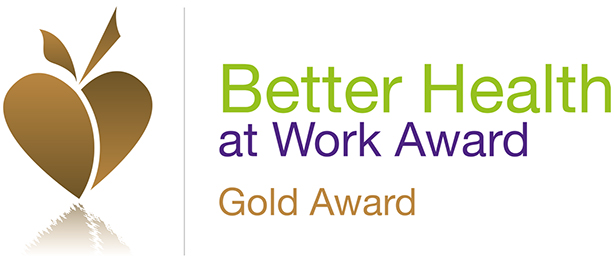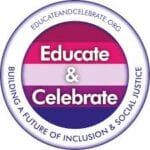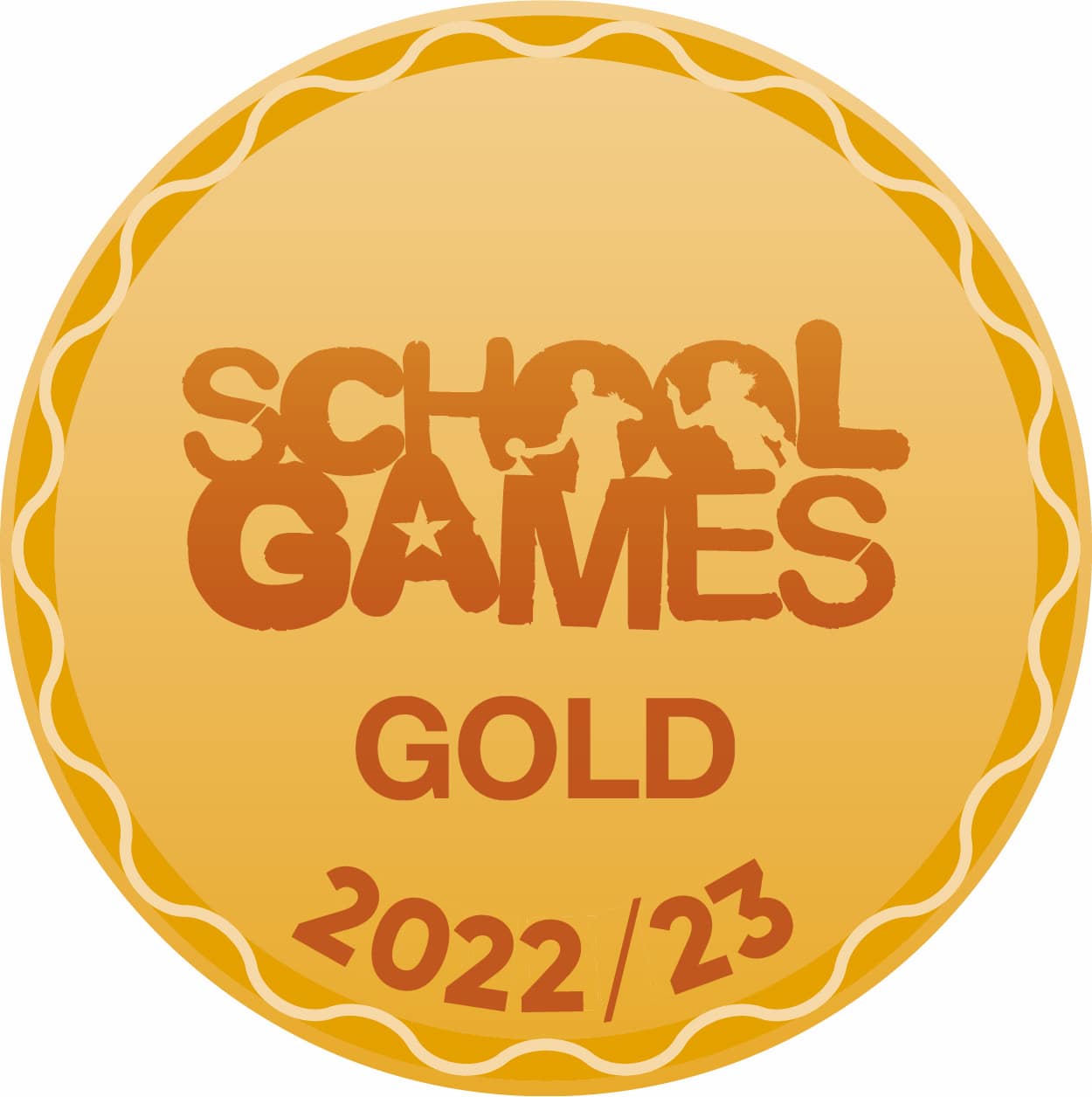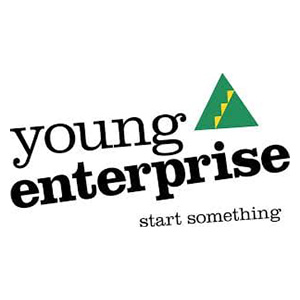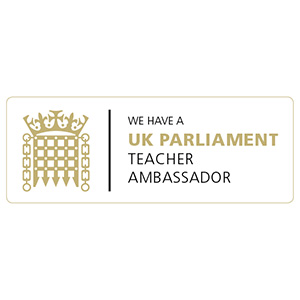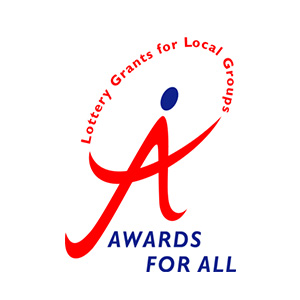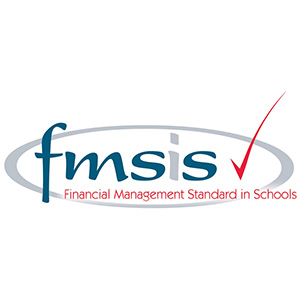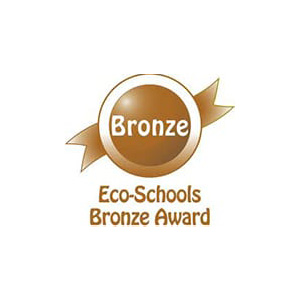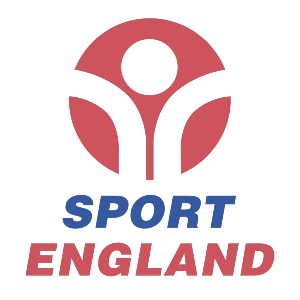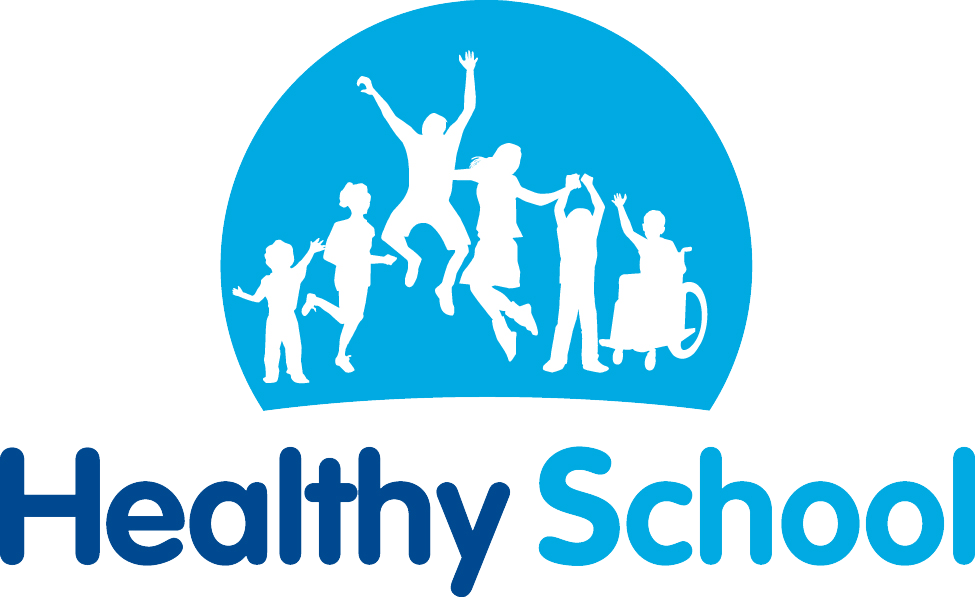SEND Provision
The kinds of SEND that are provided for:
At South Hetton Primary School, we have experience of supporting children and young people with a range of needs, including:
- Attention Deficit Disorder and Attention Deficit Hyperactivity Disorder
- Autism Spectrum Condition (ASC)
- Agenesis of the Corpus Callosum
- Cerebral Palsy
- Craniosynostosis
- Deficits in Attention and Motor Perception
- Developmental Co-ordination Difficulties (Including Developmental Coordination Disorder, DCD, previously known as Dyspraxia)
- Developmental Delay
- Emotional Well-Being Difficulties (including anxiety, phobias, self-esteem etc.)
- General/ Global Learning Difficulties
- Moderate Learning Difficulties
- Memory Difficulties
- Muscular Dystrophy
- Neurofibromatosis
- Oppositional Behaviour and Demand Avoidance
- Physical Learning Difficulties/ Disabilities
- Processing Difficulties
- Russel Silver Syndrome
- Specific Learning Difficulties (including Dyslexia)
- Speech, Language and Communication Needs (SLCN)
- Social Interaction and Communication Difficulties
- Visual Perception Difficulties
- Visual impairments
School provides data on the levels and types of need to the Local Authority. This is collected through the school census.
Our approach to teaching children and young people with SEND
Inclusive education means supporting all pupils to learn, contribute and participate in all aspects of school life alongside their peers. The curriculum includes, not only the formal requirements of the Early Years Foundation Stage Curriculum/ National Curriculum, but also a range of additional opportunities to enrich the experiences of all pupils.
The Curriculum also includes the social aspects that are essential for lifelong learning, personal growth and development of independence. We hope to play an important role in preparing children for life beyond school. Further information on the Preparing for Adulthood Outcomes can be found here.
At South Hetton Primary School, we recognise each child as an individual and understand that they learn at different rates. All pupils in school receive a high standard of high quality teaching, meaning that a range of teaching and learning styles are used and that the learning objectives set are realistic and achievable. It is important that our children are able to grow in confidence, build self-esteem and feel enthusiastic about their learning.
Our intention is that all children have the opportunity to access our broad and balanced curriculum, however, in some instances a bespoke, personalised curriculum may be more appropriate. Our SEND philosophy places SEND children at the heart of personalised learning and our curriculum is tailored to meet individual pupils needs. At times and when it is felt appropriate, modifications to the curriculum may be implemented.
How we adapt the curriculum and learning environment for children and young people with SEND
Our intention is that all children have the opportunity to access our broad and balanced curriculum; however, in some instances, a bespoke, personalised curriculum may be more appropriate. To successfully match pupil ability to the curriculum South Hetton Primary School remain committed to:
- A range of teaching and learning styles
- Appropriately differentiated tasks that match the needs of individuals
- Access to physical resources to support learning, including ICT and technology
- Additional in class support
- Additional support outside of the classroom through appropriate interventions
- An intervention timetable which addresses needs in all areas, including social, emotional, physical and behavioural needs
- Flexible in-class groupings to develop independence and confidence and to reflect the individuality of our pupils
- An innovative, engaging and supportive curriculum
- A wide range of exciting and engaging enrichment opportunities
- Appropriate adjustments for opportunities for learning beyond the classroom, particularly residential visits
- A broad range of extra-curricular activities, including one-to-one support and appropriate booster sessions
- Applications during national testing at Key Stage 2 to obtain access arrangements as appropriate
EYFS
In the Early Years Foundation Stage, learning is delivered through a balance between child-initiated learning and adult-led tasks based on the Early Years Curriculum.
In our EYFS, we have a nursery and a reception class. Each class accesses learning through structured play opportunities, free-play opportunities and provision both indoors and outdoors that reflect our Early Years Curriculum.
Year 1-6
In Key Stage 1 and 2, the curriculum is designed to cover and develop a range of skills, knowledge and understanding in all subjects. Opportunities for independent learning are encouraged and facilitated for all pupils. Within our curriculum, subjects are taught discreetly to ensure strong and full coverage with meaningful links between subject areas where appropriate. All areas of the National Curriculum are covered in a broad and balanced way. Our curriculum also includes the social and emotional aspects imperative for lifelong learning.
Further information on our curriculum can be found here.
Staff are committed to providing children with the support that they require to enable them to succeed and make progress in everything they do. However, encouraging independence in both their learning and life is a key element at the centre of our approach to teaching and learning.
Further details on how we ensure accessibility to learning for all can be found in our Accessibility Plan which is available in our policy section.
How are the Governors involved and what is their responsibility?
Governors are kept up to date on the progress of SEND, including EHCP, children. Individuals are not named in this instance and confidentiality is maintained. Mrs Ashley Willmore is the Governor who holds responsibility for SEND and she will liaise with both the Head Teacher and the SENCo to discuss the provision that is in place for SEND children.

